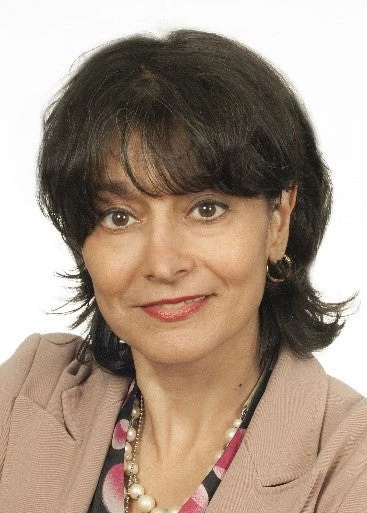Our ICT Sector day on 2/23 exceeded our own expectations vis a vis organizational support for the ICT agenda. Timing was perfect, as the ICT strategy had been approved by senior management a day earlier. The First session, on Open Government, was followed by more than 500 on webcast in a packed room with 180 participants. It left us with enthusiasm, inspiration .. and a lot of ideas on clever use of ICTs in our quest for poverty alleviation.
The issue of building an enabling ecosystem for open government and transparency surfaced several times in the day. It confirmed our keen desire to start (which we did) and sustain (which we are talking about, follow the $$) that same ecosystem within the organization; while we finance and advise our clients on the same. My key take away from the opening , which I interpreted (liberally) from Rachel Kyte SDN VP and a big Cahmpion of the Knowledge agenda, Permanent Secretary Bitange Ndemo (Kenya Leader on Open Government), and Vivek Kundra (former US Federal CIO) is, respectively: “Think Young, Act Fast, and Open your APIs” (API is for Application Programming Interface, it is a sort of bridge that allows different software applications to work together and exchange data). Watch the webcast, if you think I am kidding.
From the excellent panel moderated by Jose Luis Irigoyen, we got perspectives from three network directors from World Bank Institute (Randi Ryterman), Poverty Reduction and Economic Management (Linda Van Gelder) and Data & Economics Group (Shaida Badiee). We learnt from them about the many activities we are conducting on the knowledge, capacity building and innovation front, the legal and regulatory reforms, and the data management aspects involved in the day to day making of an Open Government eco-system. My Key Take away is “Involve, Include, Reform, Curate, Refine, Re-use, and go back to Involve and start again”. By the way, did you know data curators jobs are in high demand world wide?
As Rachel Kyte put it very well, ICTs are now part of our lives and there is no turning back. With 6 Billion people connected through mobile networks, we have to re-think how we address the needs and serve the isolated poor. They are still poor, but no longer “that” isolated. In fact, for some, especially the urban poor, they are no longer isolated at all, and live in areas where there is access to global and local information. With mapping technologies, poor, illiterate people can visualize livelihood-critical information, such as water access points, public transportation, government offices, health clinics, schools etc.. Mapping information is easy to do today. In the four lunch time clinics, we learnt how to import spreadsheets with data and location coordinates, to create a visual map of any public asset recorded in the spreadsheet. Imagine these data points being those of vaccination clinics, water fountains, police stations, bus stops or refugee camps. Imagine how such applications with different layers (for different data types, or for time series) can enrich our interpretation and hence mitigation of poverty or natural disasters. We also heard (a lot) that we should re-think how we finance and procure software applications and systems for our clients, and what we request from ICT contractors financed through our projects. Again, we heard from the developer community the need to use Open Source for readily available and low cost applications; and to contribute to open source library collections.
Jose Luis concluded with some thoughts on the internal eco system. He observed that we absolutely needed to work together coherently, as one team, despite the different organizational silos. He called for better use, re-use and adaptation of the good experiences and existing knowledge on open government. Challenge for us in ICT Unit is how to do so with a flat budget; in an institution which rewards staff based on projects, while it is organized in sectors, and allocates most budgets to country units.
Concluding words of the day (for now, stay tuned for more this week) “Think Young, Act Fast, Re-Use Knowledge, Work Together". That will keep us very busy for a while and hopefully have a great impact on our projects.


Join the Conversation